Retailers who offer online ordering and delivery services are being warned to up their game on under-aged sales prevention after new figures revealed that 59% of under-aged mystery shoppers were handed age-restricted goods on the doorstep, without being asked for ID.
According to Serve Legal, retailers and their delivery companies handed age-restricted goods, including alcohol and knives, to nearly six in 10 young mystery shoppers in 2017.
The test purchase pass rate for online retailers has been falling since 2014 and Serve Legal is now calling for a review of penalties, including tougher penalties for those not demonstrating the requisite due diligence if they fail a local authority or police test.
The company also wants to see clarification of the law around responsibility for age ID checks for online retailers and their delivery companies.
Serve Legal director Ed Heaver said: “Our data presents a worrying picture with no progress on pass rates in recent years.
“It isn’t enough for online retailers to have age identification checks on their websites - responsible behaviour should be guaranteed throughout the sale and delivery process.
“If there is confusion amongst retailers and their delivery companies about where responsibility lies for checking a young customer’s age on the doorstep, the government must clarify, and then more aggressively enforce, legislation.”
The Serve Legal data also revealed a fall in electronic cigarette (e-cig) test purchasing pass rates in bricks and mortar stores, with pass rates having fallen from 91% in 2015 to 70% in 2017.
The decline suggests “that there may still be confusion amongst retailers about e-cigs being an 18+ product,” Serve Legal said.
Results for tobacco were more positive, with bricks and mortar retailers having achieved an 80% tobacco test purchasing pass rate in 2017, up on the previous year and a 25% improvement on 2015.
Tobacco pass rates in the convenience store sector registered a marked improvement between 2016 and 2017, with 77% of stores passing, up from 71% the year before.
However, the small stores sector is still lagging behind the supermarkets, which achieved the highest pass rate at 84%.
Total alcohol test purchase figures were static, with an 83% pass rate for all retailers in 2017, the same as 2016.
Convenience stores specifically achieved an 82% alcohol test purchasing pass rate, also the same as in 2016. Supermarket pass rates also remained static at 84% in 2017. Discounters improved to achieve the highest test pass rate of 85% in 2017.

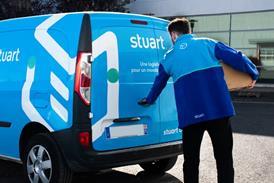

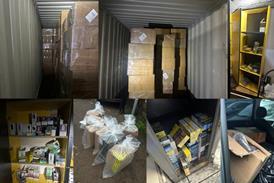
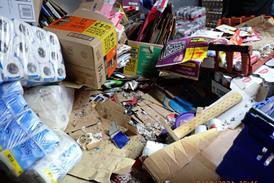




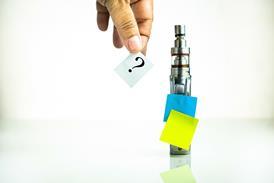


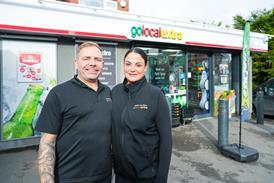













No comments yet